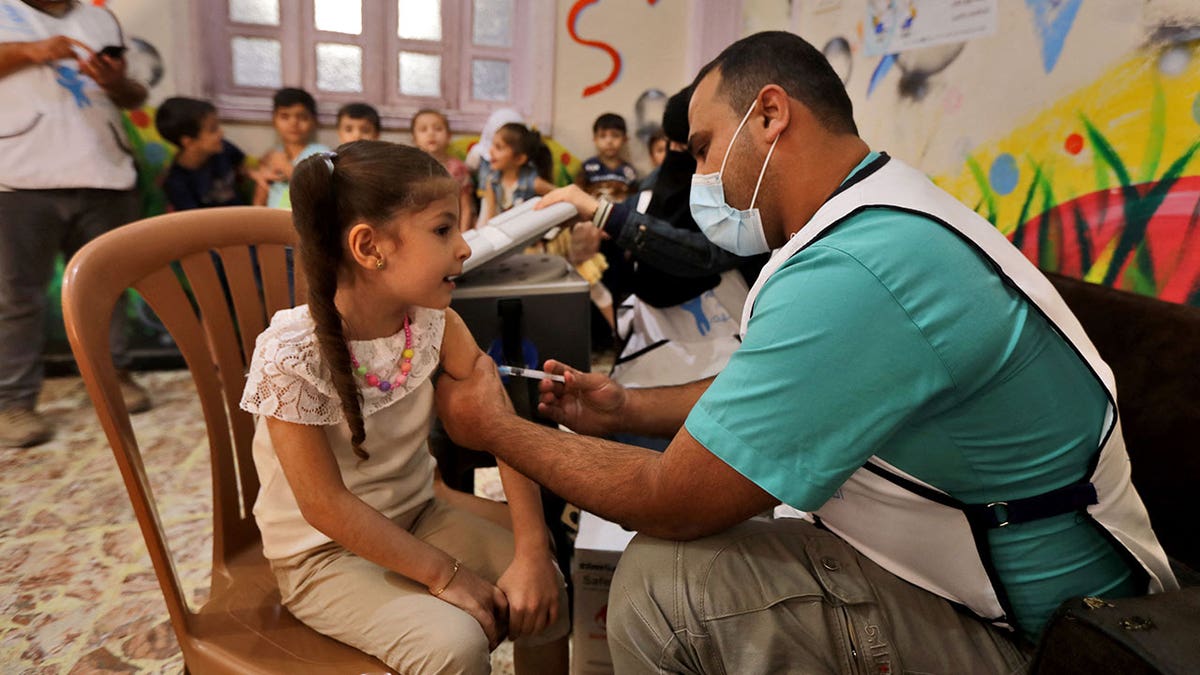Fox News Flash top headlines for September 26
Fox News Flash top headlines are here. Check out what's clicking on Foxnews.com.
A cholera outbreak in several regions of Syria has killed 29 people, the Syrian health ministry said on Monday in what the U.N. has called the worst outbreak in the war-torn country for years.
Rapid assessment testing confirmed 338 cases since the outbreak was first recorded last month, with the bulk of deaths and cases in the northern Aleppo province, the ministry said in a statement.
It said 230 cases were in Aleppo province where 25 people were confirmed dead. The rest were spread across the country.
US-BACKED FORCES IN SYRIA ARREST DOZENS OF ISIS TERRORISTS HIDING IN REFUGEE CAMP
The United Nations this month said the outbreak was believed be linked to irrigation of crops using contaminated water and people drinking unsafe water from the Euphrates river which bisects Syria from the north to the east.
The highly contagious disease has also spread to the country's Kurdish-held and opposition areas in north and northwestern Syria where millions have been displaced by the decade-old conflict, medical officials said.

Pictured: A Syrian girl gets a vaccine shot at a health center in al-Bab on Sept. 25, 2022 (BAKR ALKASEM/AFP )
Suspected cholera cases have risen to 2,092 in the northeast of Syria since the outbreak was announced this month, said the U.S.-based International Rescue Committee (IRC) which operates in the northern region.
It said there were fears about significant under-reporting of cases.
TALIBAN ANNIVERSARY: THE TAKEOVER OF KABUL THAT PRESIDENT BIDEN NEVER SAW COMING
The widespread destruction of national water infrastructure after more than a decade of war means much of the Syrian population is reliant on unsafe water sources.
Prior to the recent cholera outbreak, the water crisis had caused an increase in diseases such as diarrhea, malnutrition and skin conditions in the region, according to the World Health Organization.








































